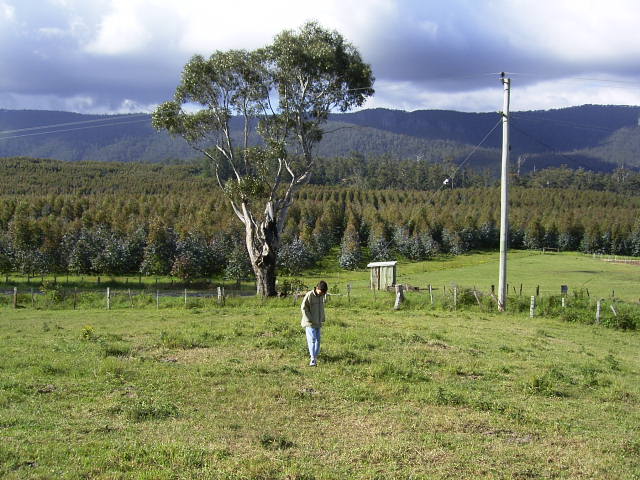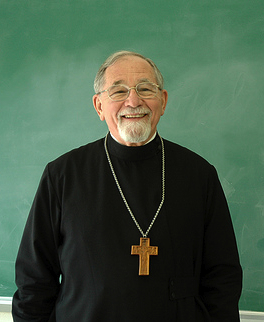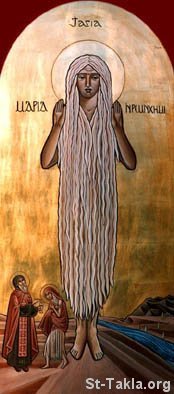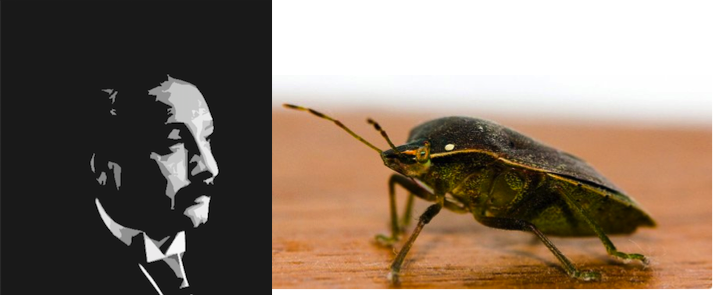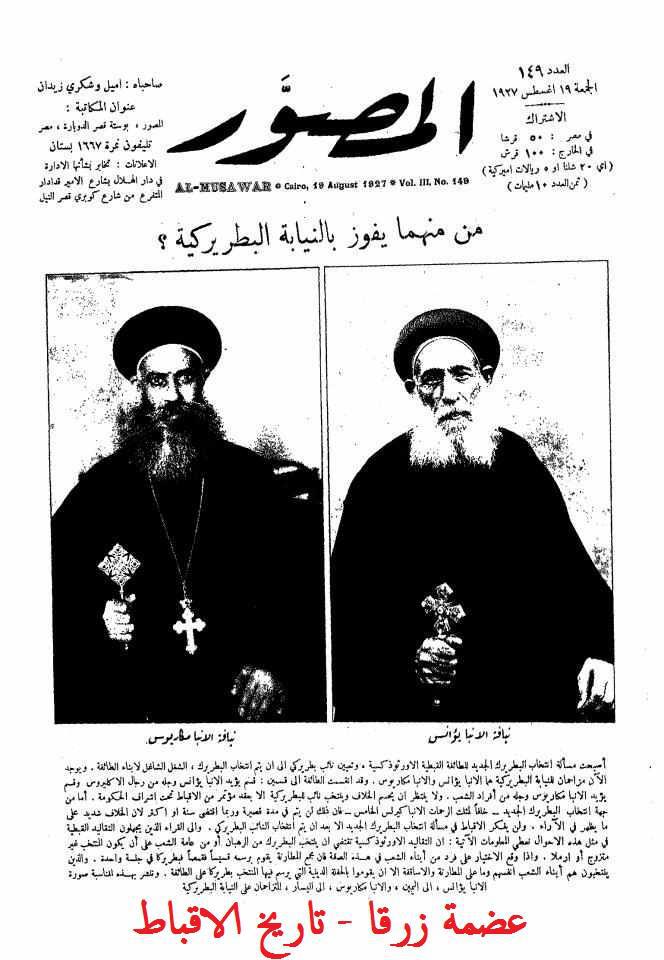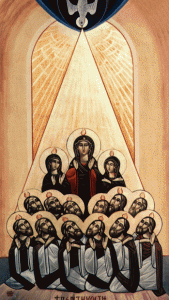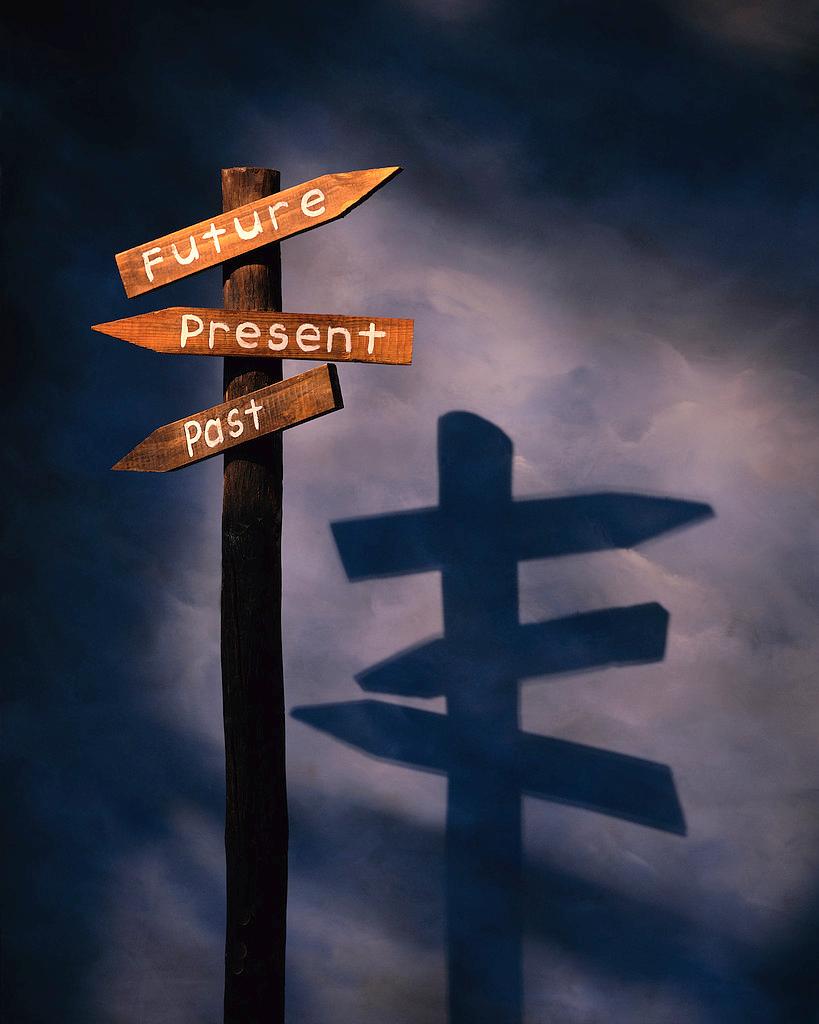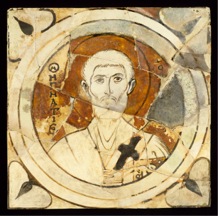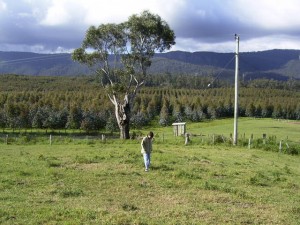
What does it mean to be human? This question has occupied humanity since time immemorial, and of all the different answers we have come up with, I find none so true, so useful or so satisfying as that given by Orthodox Christianity. In Eastern Christianity, there is a powerful push for integration rather than disintegration. It is very easy for the Christian to end up with a life divided into a lot of separate little boxes labelled ‘Work’, ‘Recreation’, ‘Family’, ‘Spirituality’, and so on. So, when I go to church on Sunday, I jump into my Spirituality box. When I finish and go home, I jump out of Spirituality and into, say, the Family box, since of course, these are two very different things. And on Monday, I jump out of Family and into the Work box, a different thing again. This may be our natural tendency, but that is only because we live in a broken and fallen world. Because our world is broken, our lives also tend to be broken. In this state, inconsistencies, internal tensions and hypocrisy are all too easy to fall into.
Instead, we ought to strive to make all these aspects of human life just different faces of the one unified and integrated whole, so that there is no contradiction between any of them, so that I am the same person whichever of them I happen to be engaged in, and so that the presence of God permeates and characterises them all. Instead of having lots of little discreet boxes and jump from one to another, we ought to have just one single box in which we live all our lives, and into which we pour every aspect of that life; the box, labelled ‘Christ’.
This principle of unification applies at every level of our lives. In the Church, lots of different individuals come together. As a Church, we aim to unify all the disparate and unique personalities that we bring into one unified Body of Christ, united in the liturgy by partaking in one voice, one heart and one prayer and in the sharing together and partaking of His one Body and one Blood. No matter how many people there at a Coptic liturgy, there can only be one loaf of bread to be consecrated as Christ’s Body – even if it must be the size of a truck’s wheel – and one cup of wine to be consecrated as Christ’s Blood – even if it must be the size of a large bucket.
As Christians living in this world, we aim to bring harmony and unity to everything in it. We pray for and strive for harmony between families, neighbours, races, religions, genders and even nations. We strive to bring harmony between humanity and its world. Christians understand humanity to be the pinnacle of the creation. That does not mean a selfish rapacious authority whereby the world exists only to fulfil our needs, but Christ-like stewardship and service. We are the servants of this world, of the animals and the birds and fish, and even of the global environment. We have power over the world, but like Christ, we exercise that power to care for the world to do all we can to help it to flourish and grow in beauty. We rejoice in its beauty and its health, and weep over its destruction.
As Christians sojourning in a broken and fallen world, we yearn not for the world’s destruction, but for its renewal. Continue reading “Being Orthodox Part 14: Holism”
